I disagreed with him on many things. I thought him an outright fool on more than one issue and occasion.
(Yes, yes, I know how literary “icons” and the modern intelligentsia and the types of men who believe politics to be the answer to all existence – human or otherwise – like to cluster around each other to breathlessly and mutually glorify their own supposed genius. But I am far more skeptical of “modern genius” in all its many fictional forms. As a matter of fact I rarely see any real evidence of the supposed “modern genius” of self-styled “modern geniuses,” and their numberless cohorts, ever, or at all.)
But narrowing his views down to the strictly literary disciplines I did often agree with him on these scores: there is a new illiteracy (not in the inability to read and write, but in the poverty of having ever read or written anything of any real value at all), and letter writing is dead and with it much of higher human writing.
Otherwise the Grass is dead too. I doubt it will ever green again.
Author of The Tin Drum and figure of enduring controversy
Günter Grass
Monday 13 April 2015 05.38 EDT
Last modified on Monday 13 April 2015 09.40 EDT
The writer Günter Grass, who broke the silences of the past for a generation of Germans, has died in hospital in Lübeck at the age of 87.
German president Joachim Gauck led the tributes, offering his condolences to the writer’s widow Ute Grass. “Günter Grass moved, enthralled, and made the people of our country think with his literature and his art,” he said in a statement. “His literary work won him recognition early across the world, as witnessed not least by his Nobel prize.”
“His novels, short stories, and his poetry reflect the great hopes and fallacies, the fears and desires of whole generations,” the statement continued.
Tributes began to appear within minutes of the announcement of Grass’ death on Twitter by his publisher, Steidl.
In the UK, Salman Rushdie was one of the first authors to respond, tweeting:
The Turkish Nobel laureate Orhan Pamuk had warm personal memories: “Grass learned a lot from Rabelais and Celine and was influential in development of ‘magic realism’ and Marquez. He taught us to base the story on the inventiveness of the writer no matter how cruel, harsh and political the story is,” he said.
He added: “In April 2010 when there was a mushroom cloud over Europe he was in Istanbul and stayed more than he planned. We went to restaurants and drank and drank and talked and talked … A generous, curious and a very warm friend who also wanted to be a painter at first!”
A life in writing: Günter Grass
Read more
Grass found success in every artistic form he explored – from poetry to drama and from sculpture to graphic art – but it wasn’t until publication of his first novel, The Tin Drum, in 1959 that he found the international reputation which brought him the Nobel prize for literature 40 years later. A speechwriter for the German chancellor Willy Brandt, Grass was never afraid to use the platform his fame afforded, campaigning for peace and the environment and speaking out against German reunification, which he compared to Hitler’s “annexation” of Austria.
Grass was born in the Free City of Danzig – now Gdansk – in 1927, “almost late enough”, as he said, to avoid involvement with the Nazi regime. Conscripted into the army in 1944 at the age of 16, he served as a tank gunner in the Waffen SS, bringing accusations of betrayal, hypocrisy and opportunism when he wrote about it in his 2006 autobiography, Peeling the Onion.
The writer was surprised by the strength of the reaction, arguing that he thought at the time that the SS was merely “an elite unit”, that he had spoken openly about his wartime record in the 1960s, and that he had spent a lifetime “working through” the unquestioning beliefs of his youth in his writing. His war came to an end six months later having “never fired a shot”, when he was wounded in Cottbus and captured in a military hospital by the US army. That he avoided committing war crimes was “not by merit”, he insisted. “If I had been born three or four years earlier I would, surely, have seen myself caught up in those crimes.”
Instead he trained as a stonemason, studied art in Düsseldorf and Berlin, and joined Hans Werner Richter’s Group 47 alongside writers such as Ingeborg Bachmann and Heinrich Böll. After moving to Paris in 1956 he began working on a novel which told the story of Germany in the first half of the 20th century through the life of a boy who refuses to grow.
A sprawling mixture of fantasy, family saga, bildungsroman and political fable, The Tin Drum was attacked by critics, denied the Bremen literature prize by outraged senators, burned in Düsseldorf and became a global bestseller.
Günter Grass is my hero, as a writer and a moral compass
John Irving
Read more
Speaking to the Swedish Academy in 1999, Grass explained that the reaction taught him “that books can cause offence, stir up fury, even hatred, that what is undertaken out of love for one’s country can be taken as soiling one’s nest. From then on I have been controversial.”
A steady stream of provocative interventions in debates around social justice, peace and the environment followed, alongside poetry, drama, drawings and novels. In 1977 Grass tackled sexual politics, hunger and the rise of civilisation with a 500-page version of the Grimm brothers’ fairytale The Fisherman and His Wife. The Rat (1986) explored the apocalpyse, as a man dreams of a talking rat who tells him of the end of the human race, while 1995’s Too Far Afield explored reunification through east German eyes – prompting Germany’s foremost literary critic, Marcel Reich-Ranicki, to brand the novel a “complete and utter failure” and to appear on the cover of Der Spiegel ripping a copy in half.
His last novel, 2002’s Crabwalk, dived into the sinking of the German liner Wilhelm Gustloff in 1945, while three volumes of memoir – Peeling the Onion, The Box and Grimms’ Words – boldly ventured into troubled waters.
Germany’s political establishment responded immediately to the news of Grass’s death. The head of the German Green party, Katrin Göring-Eckardt, called Grass a “great author, a critical spirit. A contemporary who had the ambition to put himself against the Zeitgeist.”
“Günter Grass was a contentious intellectual – his literary work remains formidable,” tweeted the head of the opposition Free Democratic party, Christian Lindner.
Günter Grass in quotes: 12 of the best
Read more
The foreign minister Frank-Walter Steinmeier was “deeply dismayed” at the news of the author’s death, a tweet from his ministry said.
Steinmeier is a member of the Social Democratic party, which Grass had a fraught relationship with – after campaigning for the party in 1960s and 70s, he became a member in 1982, only to leave ten years later in protest at its asylum policies.
“Günter Grass was a contentious intellectual who interfered. We sometimes miss that today,” SPD chairwoman Andrea Nahles said.
While there were plenty of tributes recognising Grass as one of Germany’s most important post-war writers, social media users swiftly revived many of the controversies of his divisive career, bringing up his membership of the SS and his alleged anti-Semitism.
Advertisement
Speaking to the Paris Review in 1991, Grass made no apology for his abiding focus on Germany’s difficult past. “If I had been a Swedish or a Swiss author I might have played around much more, told a few jokes and all that,” he said. “That hasn’t been possible; given my background, I have had no other choice.”
The controversy flared up again following by publication of his 2012 poem What Must be Said, in which he criticised Israeli policy. Published simultaneously in the Süddeutsche Zeitung, the Italian La Repubblica and Spanish El País, the poem brought an angry response from the Israeli ambassador to Germany, Shimon Stein, who saw in it “a disturbed relationship to his own past, the Jews, and Israel”.
Despite his advanced age, Grass still led an active public life, and made vigorous public appearances in recent weeks. In a typically opinionated interview for state broadcaster WDR, which he gave in February after a live reading from Grimms’ Words, Grass called his last book a “declaration of love to the German language”.
He also talked about how the internet and the loss of the art of letter-writing had led to a “new illiteracy”. “Of course that has consequences,” he said. “It leads to a poverty of language and allows everything to be forgotten that the Grimm brothers created with their glorious work.”
He also remained critical of western policy in the Middle East (“now we see the chaos we make in those countries with our western values”), and talked about how his age had done nothing to soften his political engagement.
“I have children and grandchildren, I ask myself every day: ‘what are we leaving behind for them?’ When I was 17, at the end of the war, everything was in ruins, but our generation, whether for good reason or not, had hope, we wanted to shape the future. That’s very difficult for young people today, because the future is virtually fixed for them.”



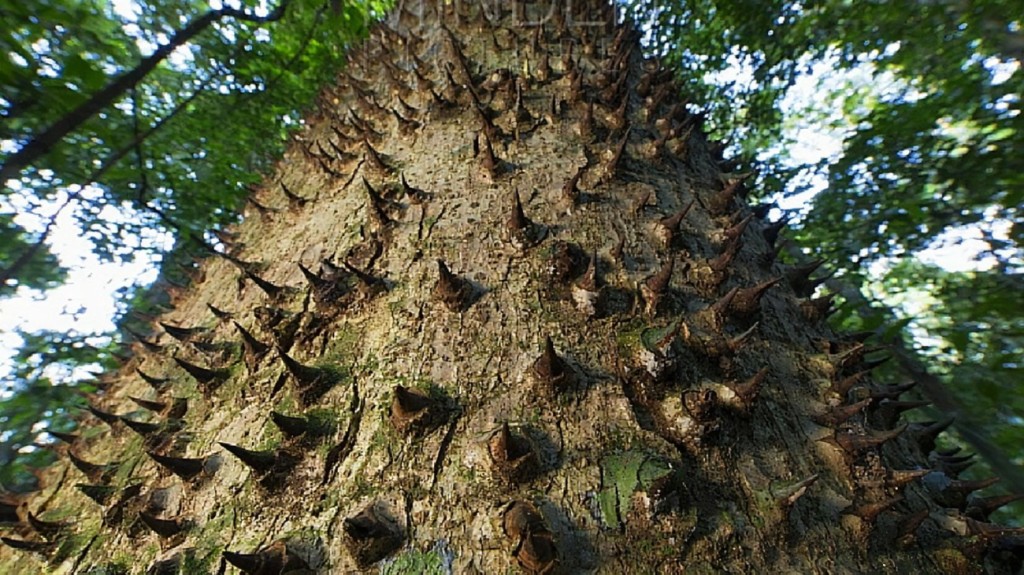
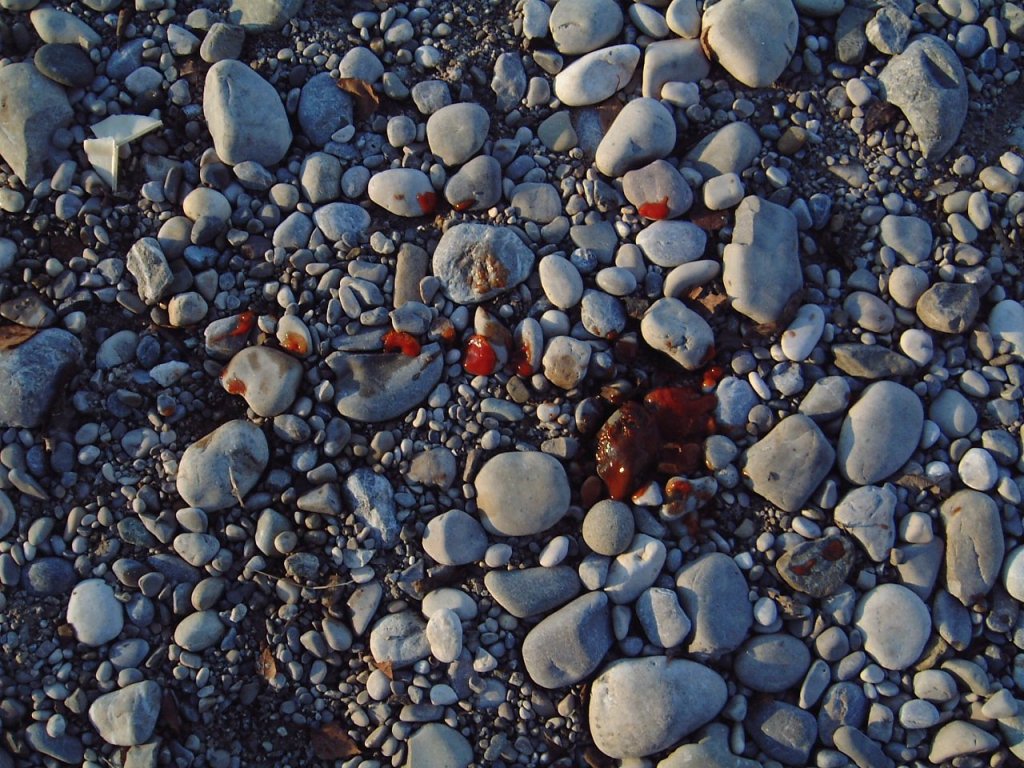
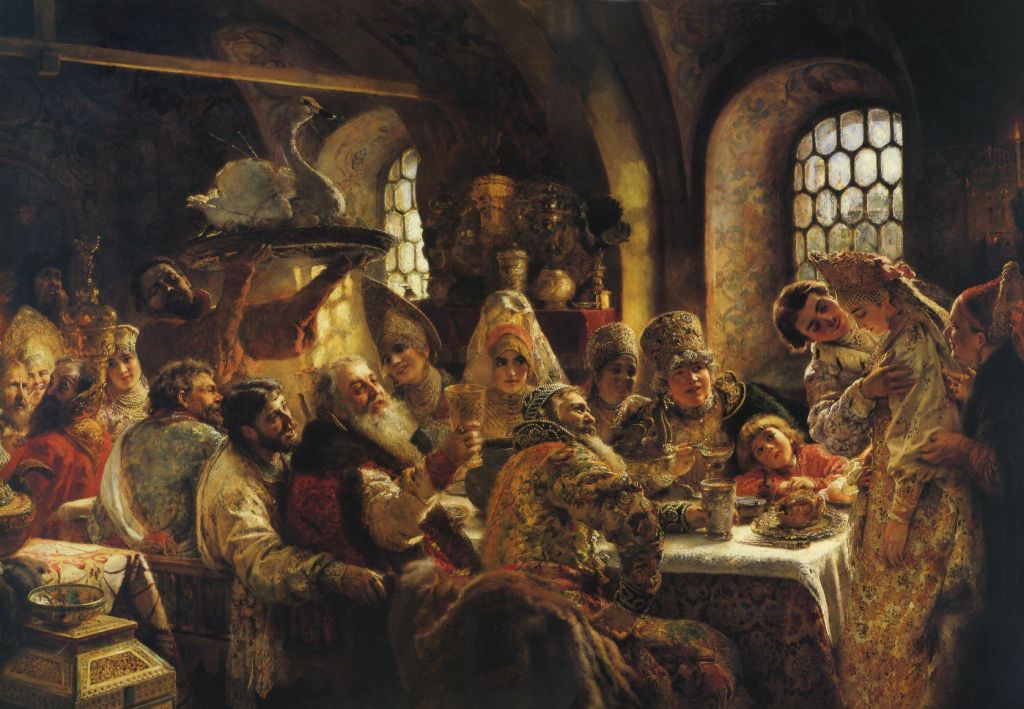
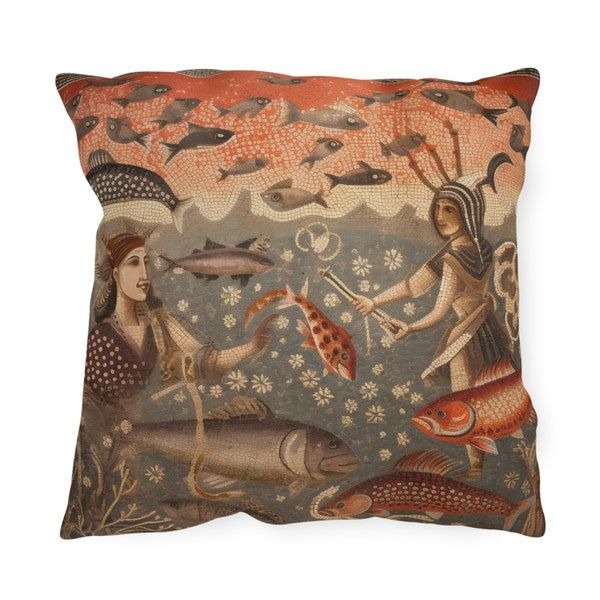
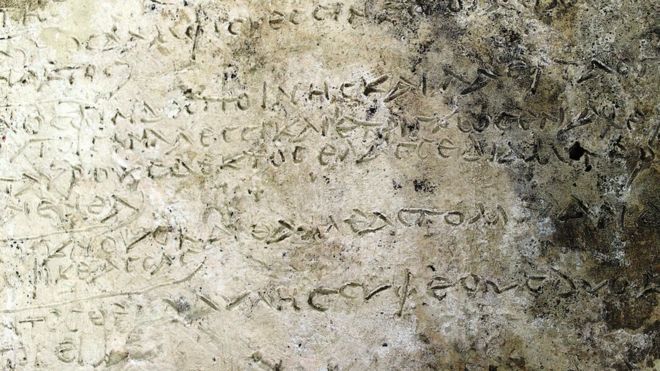








_-_Google_Art_Project.jpg)












You must be logged in to post a comment.